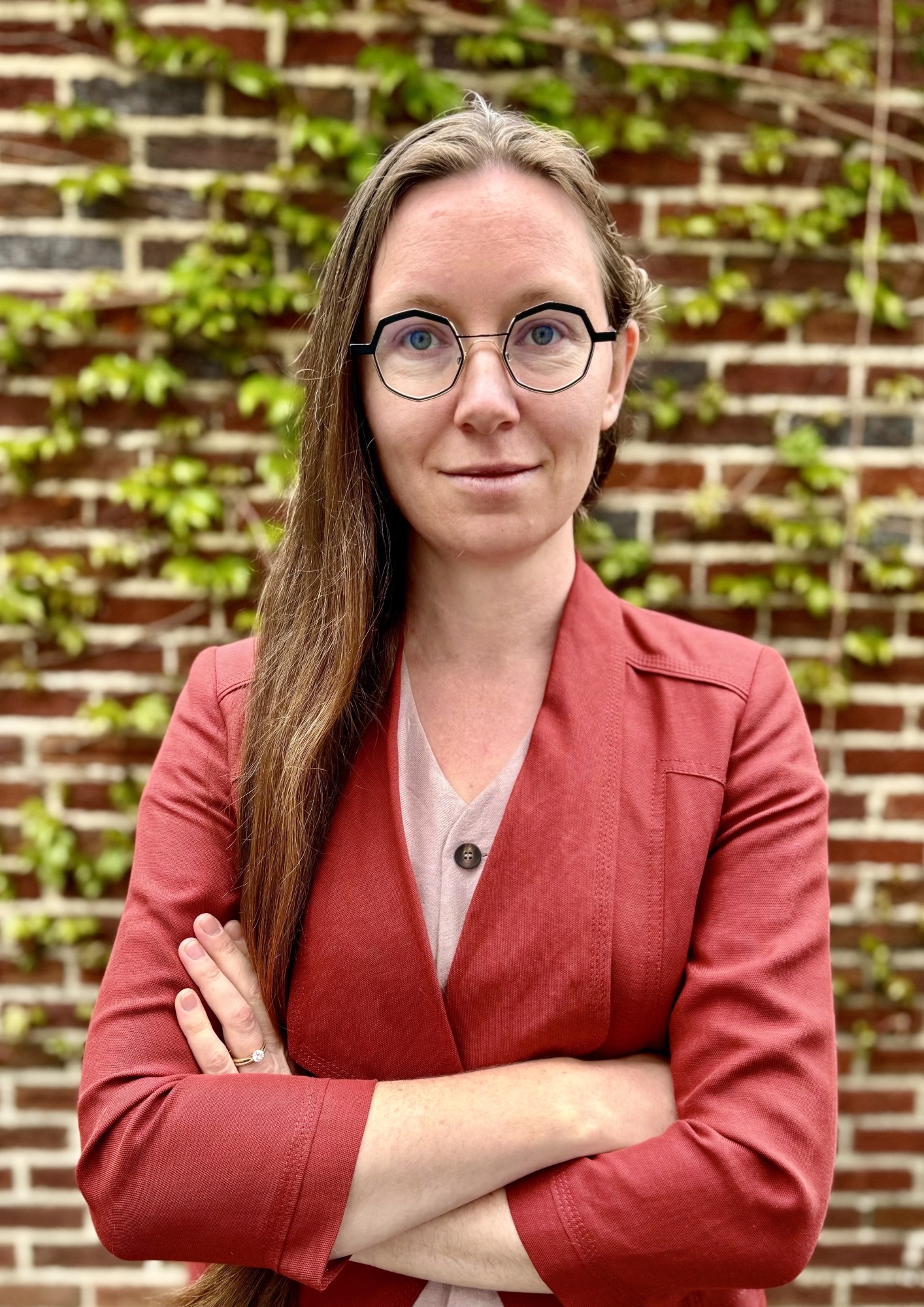 Lark graduated with her bachelor’s degree in Computer Science from Brown in 2011 before spending over five years working as a software developer at Google. She was then selected to join the crew of a HI-SEAS NASA analogue mission for eight months where the primary goal was to prepare NASA for human exploration of Mars. Lark’s role involved documenting the mission and engaging in public outreach, showcasing her ability to, not only perform thought-provoking research, but also communicate the complex scientific concepts to a broad audience.
Lark graduated with her bachelor’s degree in Computer Science from Brown in 2011 before spending over five years working as a software developer at Google. She was then selected to join the crew of a HI-SEAS NASA analogue mission for eight months where the primary goal was to prepare NASA for human exploration of Mars. Lark’s role involved documenting the mission and engaging in public outreach, showcasing her ability to, not only perform thought-provoking research, but also communicate the complex scientific concepts to a broad audience.
Returning to Brown in 2018, she began her Ph.D. journey working under the joint supervision of Professor of Earth, Environmental, and Planetary Sciences, Christian Huber and James Head, III, the Louis and Elizabeth Scherck, Distinguished Professor of Geological Sciences.
Reflecting on decades of progress in understanding the nature and interiors of the terrestrial planetary bodies, Lark was determined to build on this knowledge to answer key questions. To do this, a new framework was needed to unify the diverse information across planetary science. She suggested a multi-faceted approach using numerical and analytical methods to study energy transfer over various timescales in planetary evolution. By integrating this with observations of planetary geology and current states, it would be possible to determine a planet’s composition and thermal history through inverse modeling.
Lark’s work reflects substantial contributions to her field. During her time at Brown, she has demonstrated rigorous and innovative research by linking two distinct datasets: geodetic measurements of Mercury’s moment of inertia and the petrology of the planet’s mantle and surface reservoirs. Describing her results, Huber notes, “her insight has provided new constraints on the composition of Mercury’s deep mantle and core.”
Lark also developed a numerical model to study how compositional structure of planetary bodies controls their thermal evolution. “The model is as creative and brilliant as it is simple,” says Huber.
Two chapters of Lark’s dissertation have already been published: “Sulfides in Mercury's Mantle: Implications for Mercury's Interior as Interpreted From Moment of Inertia” and “Evidence for a carbon-rich Mercury from the distribution of low-reflectance material (LRM) associated with large impact basins”. A third chapter, “Planetary interior configuration control on thermal evolution and geological history” is under review, and the fourth, “Patterns of Volcanism: Evolutionary Consequences of Early Differentiation”, is being prepared for submission.
“I can unequivocally say that the PhD thesis of Laura Lark is at the top in terms of its creativity, insightfulness, and most importantly its current and future impact on the scholarship and research in the field of Planetary Sciences,” shared Head.
Lark is credited with a profound and insightful impact on the future of the field of planetary sciences. Her exceptional work has been recognized by prestigious awards such as a Presidential Fellowship from Brown and a NASA RI Space Grant Fellowship. She was also invited to join a Mercury-focused team sponsored by the International Space Science Institute – an honor that reflects the impact of her work.
Lark’s academic journey is particularly remarkable given the incredible personal experiences she has embraced alongside her studies. She began her graduate studies with a newborn and continued to expand her family throughout her time here at Brown, welcoming a second child in July 2020 and a third this past year. She reflects back at her experiences at Brown as a “rich, fulfilling, and a challenging time of life. Building an academic career and a family at the same time is not easy, but has been extremely rewarding and joyful, and was made much more feasible by Brown's excellent support for graduate student parents and the supportiveness of my advisors and department.”
After graduation, Lark will begin a two-year postdoctoral research position (renewable up to 5 years) at l'Institut de Physique du Globe de Paris (IPGP) to study the thermochemical evolution of the Earth.
“I'm deeply honored both to have been selected for this award and to have been nominated by my department. The award is a satisfying acknowledgement of many years of intense work and is very welcome as I enter this critical next phase of my career,” shares Lark.
Doctoral candidates and graduates, Mariajosé Rodríguez-Pliego, Cel Welch, Laura Heuman Lark, and Giulia Buccione were selected for the Graduate School's Joukowsky Family Foundation Outstanding Dissertation Award. Prizes are awarded at the Doctoral Ceremony on May 26, 2024.